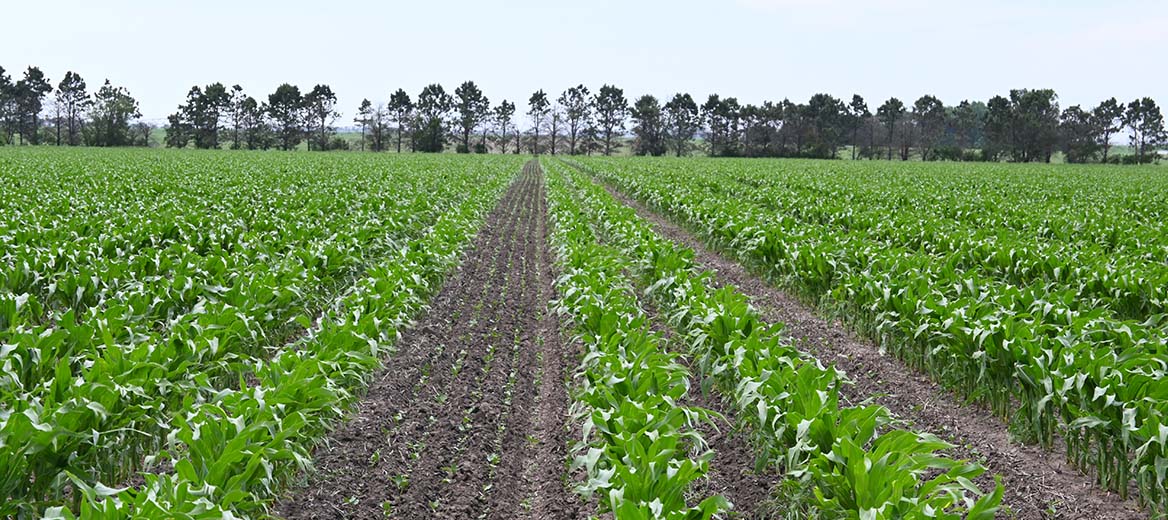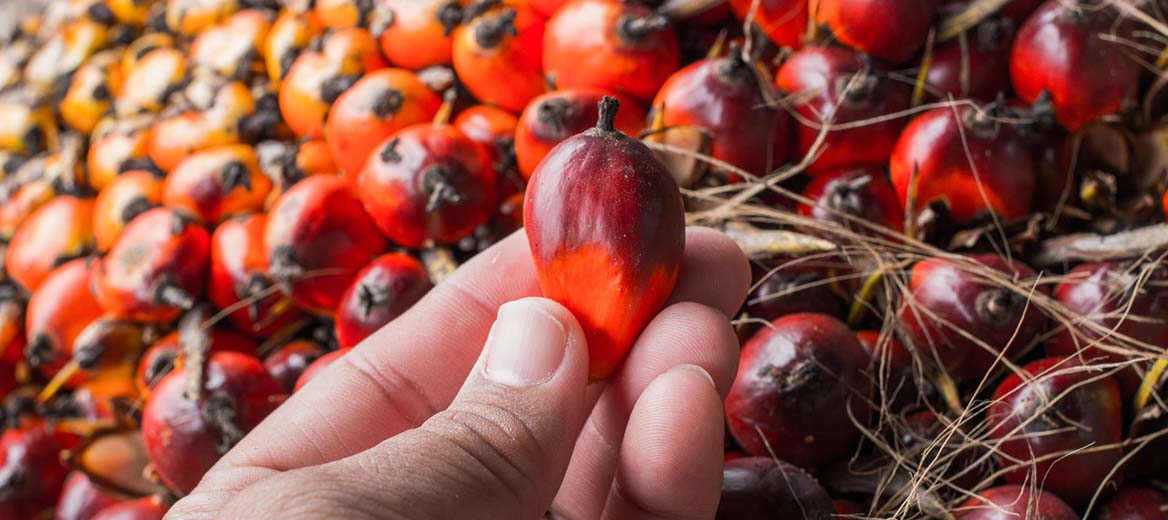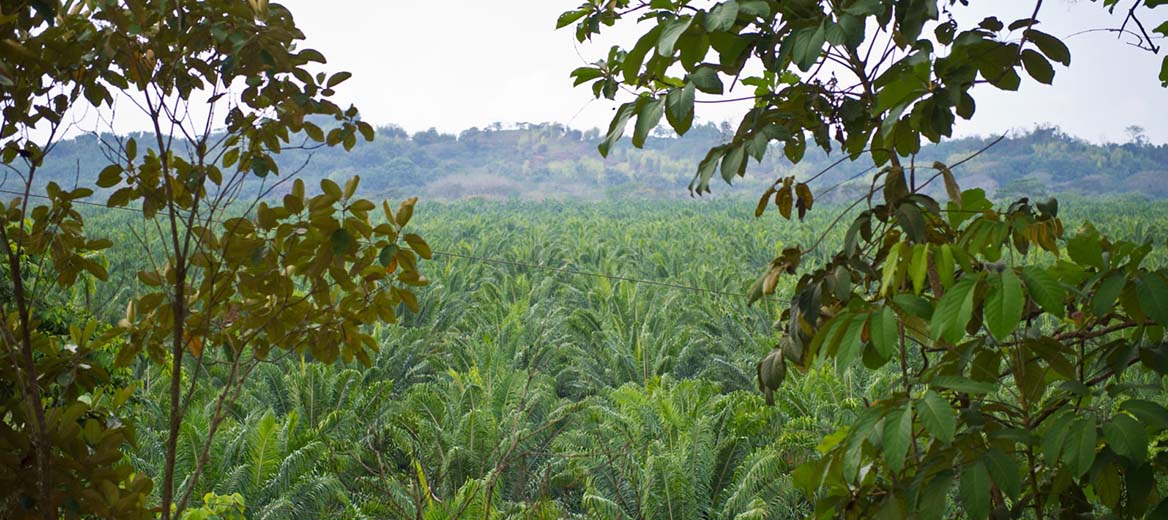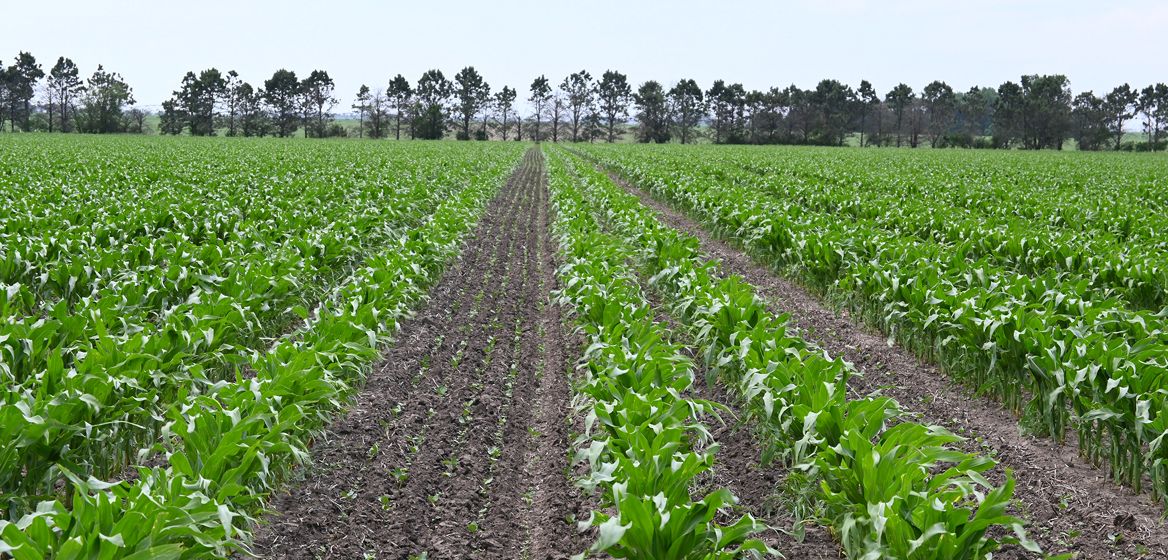McDonald’s Helps Drive Impact on Climate Action
October 04, 2021
Reaching For Net Zero by 2050
McDonald’s continues to be a leader in the restaurant industry on climate action as we pledge to achieve net zero emissions by 2050 and join the United Nations Race to Zero campaign. We’re also signing on to the Science Based Target initiative Business Ambition for 1.5°C campaign, which means evolving our current climate target to reduce emissions by 2030 to keep global temperature rises under 1.5°C.
How will we do it? To start, as both a global and local brand with deep roots in communities, we are prioritizing innovations and actions at the local level and across our global system that will help drive emissions reductions and minimize restaurant waste. Learn below about some major steps in our climate action journey and our current efforts in responsible sourcing, renewable energy and more.
2021: McDonald’s Accelerates Climate Action; Will Reach Net Zero Emissions by 2050
Help lead on issues that matter most by joining the United Nation’s Race to Zero and SBTi Business Ambition for 1.5°C campaigns.

2021: McDonald’s Announces Ambition to Drastically Reduce Plastics in Happy Meal® Toys
By the end of 2025, every Happy Meal toy around the world will be sustainable, made from more renewable, recycled or certified materials.

2020: McDonald’s Reports Progress on Climate Action Against Science Based Target
We are on the way to reaching our goals. To date, we’ve achieved:
- 8.5% reduction in the absolute emissions of our restaurants and offices from the 2015 baseline toward our 2030 goal of a 36% reduction.
- 5.9% decrease in supply chains emissions intensity toward our 2030 goal of a 31% reduction from the 2015 baseline.
2020: McDonald’s Achieves 98% to 100% on our 2020 Responsible Sourcing Goals, Which Were Set in 2014
Our partnerships with suppliers, farmers, Franchisees and partners are having a positive impact on some of the world’s most in-demand ingredients and products – like beef, soy for chicken feed, coffee, fish, palm oil and fiber for packaging.

2019-2021: McDonald’s Invests in 6 Renewable Energy Projects
Projects in Texas, Illinois, Oklahoma, North Carolina, Ohio and Louisiana are expected to generate about 3.4 million MWh of renewable energy annually once online.
Did You Know:
- That’s enough renewable energy to power over 8,000 McDonald’s restaurants.
- The amount of CO2 prevented is equal to planting more than 45,000,000 trees.

2018: McDonald’s Becomes the First Global Restaurant Company to Set Approved Science Based Target to Reduce Greenhouse Gas Emissions by 2030
How We’ll Do It:
- By 2030, partner with Franchisees to reduce GHG emissions related to McDonald’s restaurants and offices by 36% from a 2015 base year.
- By 2030, reduce emissions intensity (per metric ton of food and packaging) by 31% across our supply chain from 2015 levels.
By 2030, we expect to prevent 150 Million Metric Tons of Emissions. That’s the same as taking 32 million cars off the road for an entire year.
2015: McDonald’s Commits to Eliminating Deforestation from its Global Supply Chains
Supporting deforestation-free supply chains means using our size and position to protect biodiversity, reduce our carbon footprint and respect human rights. We’re a signatory to the New York Declaration on Forests, a shared commitment from some of the world’s most influential countries, companies and NGOs to help end deforestation by 2030.

2011: McDonald’s co-founds the Global Roundtable for Sustainable Beef
We bring together key stakeholders across the beef value chain to accelerate and continuously improve sustainability throughout the sector – partnering with beef farmers, ranchers, and civil society groups to help reduce emissions on beef.
Learn more about all our sustainability goals on our Purpose & Impact website.

